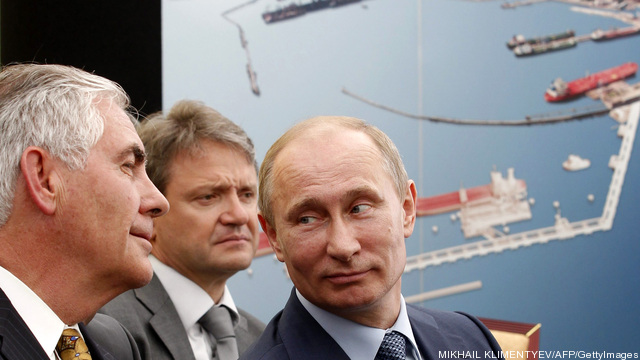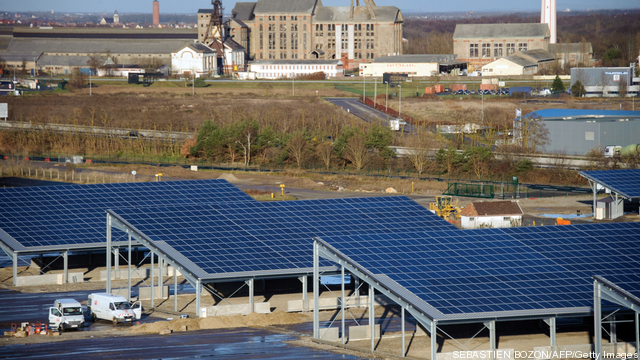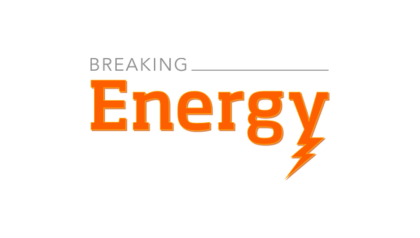
ExxonMobil is the world’s largest international oil company by virtually all operational and financial metrics and Steve Coll’s book offers a fascinating look at the inner workings of this secretive corporate colossus.
A vestige of John D Rockefeller Senior’s Standard Oil, which famously avoided speaking to the press for much of its existence, ExxonMobil is known within the industry for its operational expertise, rigorous financial discipline, project management skills and tight-lipped nature. Coll’s extensive research and unprecedented access to individuals within and outside the company with first-hand knowledge of transformative events is what makes the book stand out. Keep reading →









